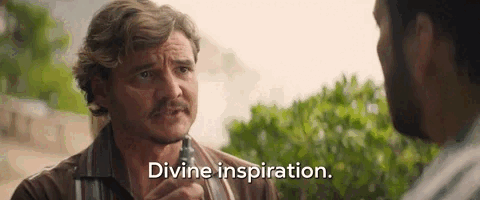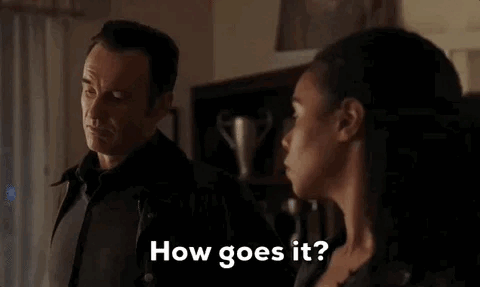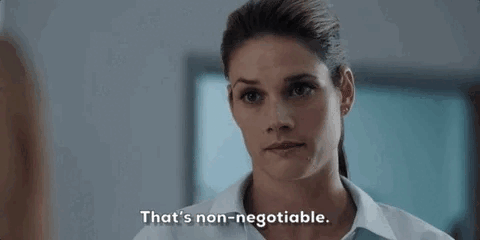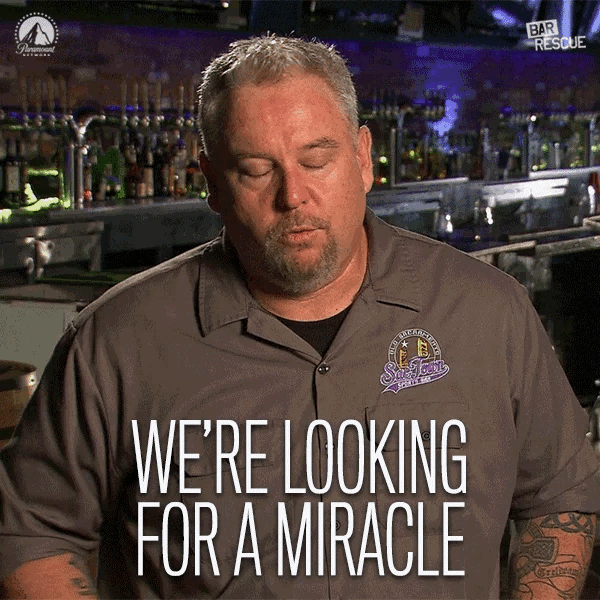Issue #130
Guten Morgen! After last week’s slightly shorter version, we’re back in full force! This week, Mats reflects on his visit to the annual conference of Germany’s top industrialists in the House’s View, taking an honest look at where the CDU gets its policy right- and where it’s a bit off the mark. Then, check out our main articles to read about why Greeks voted to keep the Prime Minister in office and how Germany might actually be serious about going digital. Finally, check out Christian’s WOOM for thoughts on how Pentecost’s spirit applies to modern day politics. Happy Memorial Day Weekend to all our US readers, and see you again next week! Anna Szilvia Greek Elections: I’ll Have the Usual, Please This week, Greeks went to the polls to vote for a new parliament. Prior to the elections, two parties stood out above the rest: the ruling center-right “New Democracy” party, and Syriza, a coalition of the (self-proclaimed) radical left. What actually happened was an absolute rout. Incumbent Prime Minister Mitsotakis’s New Democracy won a whopping 40.5 percent of the vote, compared to 20.1 percent for Syriza. How? And why does it matter? We’ve got you covered. First, why the left lost. Instead of doubling down on its traditional left values, Syriza decided to appeal more to the center, banking on traditional left voters to stay in line. Unfortunately, left voters felt ignored (for example, not giving a clear position on the construction of a fence on the border of Turkey) and centrists were confused. Now, onto the more interesting part: why New Democracy won. Greece of 2023 is not the same Greece from the Eurozone crisis. Last year, Mitsotakis’s government could boast a six percent economic growth rate. Furthermore, according to an EY study surveying 250 companies, 75 percent of respondents were positive about Greece’s attractiveness as an investment destination improving over the next three years. Despite some problems along the way – such as a spyware scandal and damaging media reports of harsh treatments of migrants, the Greek people believed in the Prime Minister’s vision. In a move that might seem strange, Mitsotakis rejected an offer to build a coalition, banking on the hope that no other parties will form an alternative. Should this be the case, which seems likely, a second round of elections will be held where the winner gets an extra 50 parliamentary seats – which would grant New Democracy an outright majority. We’ll keep you posted. Is Germany going to be digital at last? The Federal Government adopted an amendment to the Online Access Act this week. This piece of legislation aims to provide German citizens with the opportunity to complete their administrative tasks online. The initial version of the act, introduced in 2017, promised to bring 575 services online by 2022, but only achieved around 130. There is considerable skepticism in Germany regarding whether the new law will expedite the process. Most critics argue that the draft fails to clearly assign responsibilities and lacks deadlines, which are crucial considering the need to streamline online processes across 16 states and the federal level. Simultaneously, despite the inclusion of a clear deadline in the previous version of the law, it failed to deliver. This suggests that the issue may not lie solely in the wording of the law, but also in the political will behind it. And here we would like to point out, that the leak of the new data strategy reveals a completely different approach to data in Germany, abandoning the country’s previous concept of a digital policy governed by data protection. The strategy, with the main chapters “More Data,” “Better Data,” and “Data Usage,” is being developed by the Federal Ministry for Digitalization and Transport, led by the liberals. So, even if it is uncertain whether a concept of “Enabling data protection” which uses the “scope for interpretation” of the GDPR in favor for data processing will survive discussions with the green and social democratic coalition partners, there might be a momentum here. Given the overall track record of digital projects in Germany, we won’t hold our breath for these measures to be implemented for fear of us turning blue. But we at least keep fingers crossed, as there seems to be at least a newfound energy behind this push for legislation. Source: EY THE HOUSE’S VIEW: by Mats Wirtschaftstag 2023: Right Ideas, Wrong Execution This week, the CDU Wirtschaftsrat celebrated its 60th anniversary with the occasion of the Wirtschaftstag. As I know the two words are incredibly similar, let me explain. The Wirtschaftsrat (transl. Economic Council) is a major German business lobby association which represents around 12,000 individual- and company members. Although the association is independent, it has very close ties to Merkel’s CDU, particularly those politicians of the more free-market persuasion. Meanwhile, the Wirtschaftstag (rough transl. business forum) is the organization’s flagship event with main-stage high-caliber speeches from Germany’s and Europe’s top politicians, panel discussions, and smaller working groups. This year, I had the privilege of attending the forum, and my #1 highlight was definitely Germany’s Federal Minister of Economics and Climate Change Robert Habeck literally almost running me over on his way to his car after a speech. Jokes aside, it was quite the eye-opening experience for me, and I took some interesting lessons for my work in Brussels and Berlin away from the two days that I wanted to share with our Krautshell audience. So, let’s get right to it. Industrial Policy: CDU’s Still Got It Some may say being in the opposition is easy. The government puts forward an idea and you find ways to tear it apart. Looking at the CDU in the Bundestag over the past two years, this is essentially exactly the path they have taken. Take the latest campaign launched by the CDU against Mr. Habeck’s plans to ban the future installment of gas- and oil heaters in housing. Essentially: a petition for citizens to sign against the draft law. Some better alternatives might have been a study detailing how this law would affect the population financially, or a compromise text that the government may be able to work with. Ultimately, what we got was very little substance though. Having said all that, this week’s Wirtschaftstag reminded me why the CDU has spent most of its existence in the government. Basically: who stands behind the CDU. In this case, I’m referring to German industry. The thousands upon thousands of SMEs (German: Mittelstand) constituting more than 99 percent of German companies that back the CDU for their track record of delivering sustained economic growth. These companies trust the Christian Democrats to make the decisions that advance Germany and create value. Take current deputy chair of the CDU/CSU Bundestag Group Jens Spahn for example. In a panel discussion, Spahn voiced the (probably somewhat unpopular) opinion that not all companies are meant to survive. Rather than spending on government packages to fund companies, let’s move towards tax breaks for those that are successful. Or how about energy policy? In a smaller round of business executives who constitute one of the Wirtschaftsrat’s working groups, the idea of a price cap on energy for industrial use was heavily criticized. Let me just repeat that: the companies who would benefit from a lower energy price outright reject this government aid. Why? Because they know it will make them less competitive on the world stage. Rather, what they want: incentives to continue building in Germany, not overseas. We can talk about tax breaks and bureaucracy reduction, but it honestly starts with one thing: being heard. And this is what the CDU promises: an open ear and proactive attitude for those who want to invest in Germany. …But There’s Also a Massive Communication Problem It’s no secret that Germany’s economic power is waning. And for Germans who, on average, enjoy a relatively high standard of living, this is a massive problem. Even the non-CDU Traffic Light coalition has set itself various goals related to “strengthening Germany as a business location.” Looking at the public discourse though, one would be under the impression that the state’s pockets are infinitely deep. In today’s political climate, it’s not so wise to say that more value must be created before the government can spend more to relieve citizens. Saying so puts you in the “naughty corner.” The CDU has found this out the hard way. So, the CDU must find a way to communicate – not only to its core middle-aged, middle-class-and-up clientele – that value creation benefits everyone. This was one major point of discussion throughout the congress – how can the party communicate its positions better? How can it convince people of all ages that being pro-economic growth is not necessarily evil? The House’s View: Adapt or Die My honest answer: get more perspectives around the decision-making table. As much experience and wealth middle-aged men & women bring to the table, they also need to be challenged. When you surround yourself with people who constantly agree with you, you become complacent. No matter how constructive a policy may be, there will always be arguments against it. And to appeal to the masses, any open questions should be answered beforehand. Also, plain and simple: media. Get better at it. Other parties are all quite adept at social media, while the CDU is the equivalent of your awkward uncle trying to figure out his first smartphone. Politics, especially economic policy, can be complicated. It’s up to the party to explain to people exactly what they want to achieve, and why it is important. With social media you have a direct line to the voters, so there’s really no excuse to not make use of it. The CDU has certainly picked up on an important topic, but now it’s time to execute. Pente-costly Politics Perhaps you’re considering firing up the grill and enjoying a classic American BBQ over the long weekend? Likewise, we’ll be celebrating, though not for Memorial Day, but for Pentecost. This significant, then highly political event marks a crucial juncture in the foundation of the Christian Church as a unified community. It’s a moment when age-old divisions, seen as divine decree by the ancients – between Jews and Gentiles, men and women, slaves and freemen – were overcome in Jesus’s congregations. According to the Bible, this became possible because everyone suddenly understood each other, all filled with the Holy Spirit. Contrast this with the political antics leading up to Pentecost: this week saw Minister of Economics Habeck accuse his liberal coalition partner of “breaking their word” for not passing a law laid out in their coalition agreement. And in the U.S., political squabbles over debt in Washington – talk about overcoming divisions! The cost to us as a community? Astounding! But, we learn: achieving unanimity in negotiations for the good of the whole community, guided by a single spirit, remains a miracle even today. But, WHEN an agreement is reached, as we somewhat expect, it usually starts with a common language. It’s startling when the other party suddenly speaks your language, prompting doubt and skepticism, just like in the Bible*. But when there’s a disagreement about whether a collective promise is being honored or breached, a communication problem exists. Perhaps next week we’ll witness a moment where one side speaks so clearly that it surprises the other, ultimately leading to unity in the community. In what spirit? Well… *”Cretans and Arabians — we hear them speak in our own tongues…. And they were all amazed and were in doubt, saying one to another, “What meaneth this?…. Others mocking said, “These men are full of new wine.” (Acts 2:11-13).” A fun fact to consider: As evidence that they weren’t drunk on new wine, Peter pointed out: It’s only 9 a.m. (a fact that might not hold water for Berlin club-goers!) Issue #130


FIRST, SOME SOLID INTEL:
TAKE A BREAK, GIVE YOUR EYES A REST.
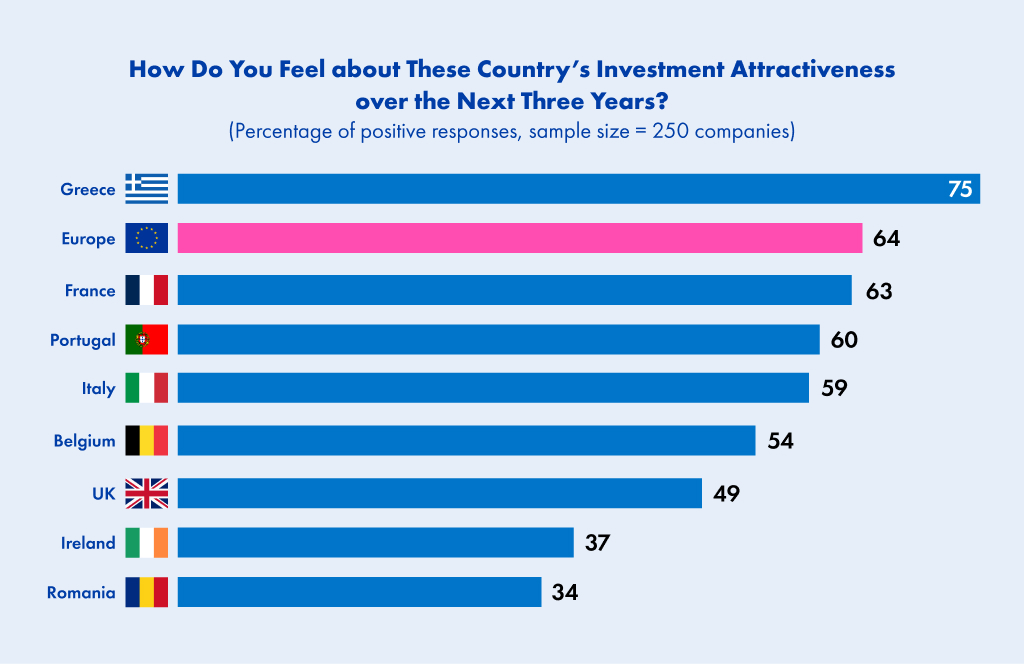
LONG STORY SHORT:
WHAT’S ON OUR MINDS:
